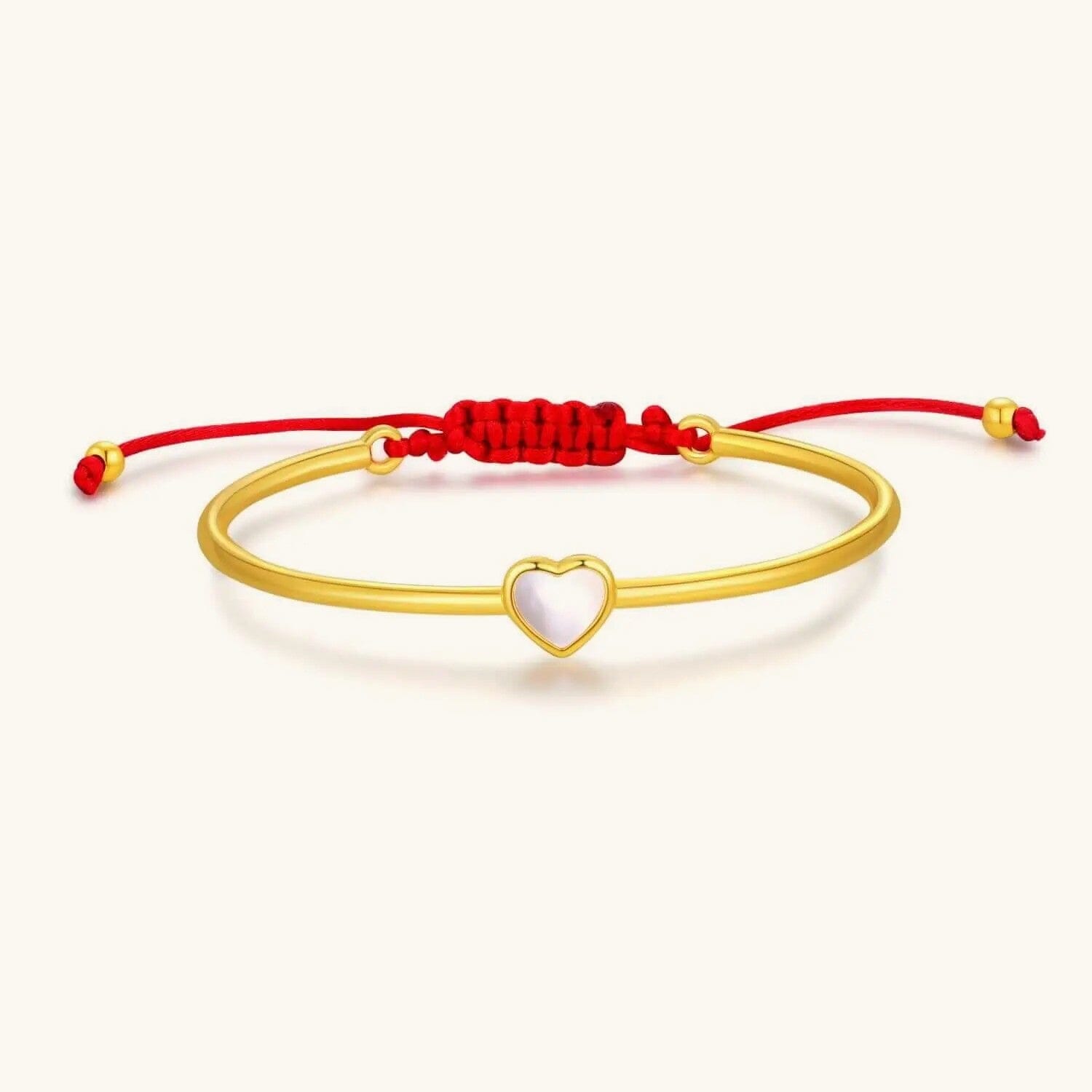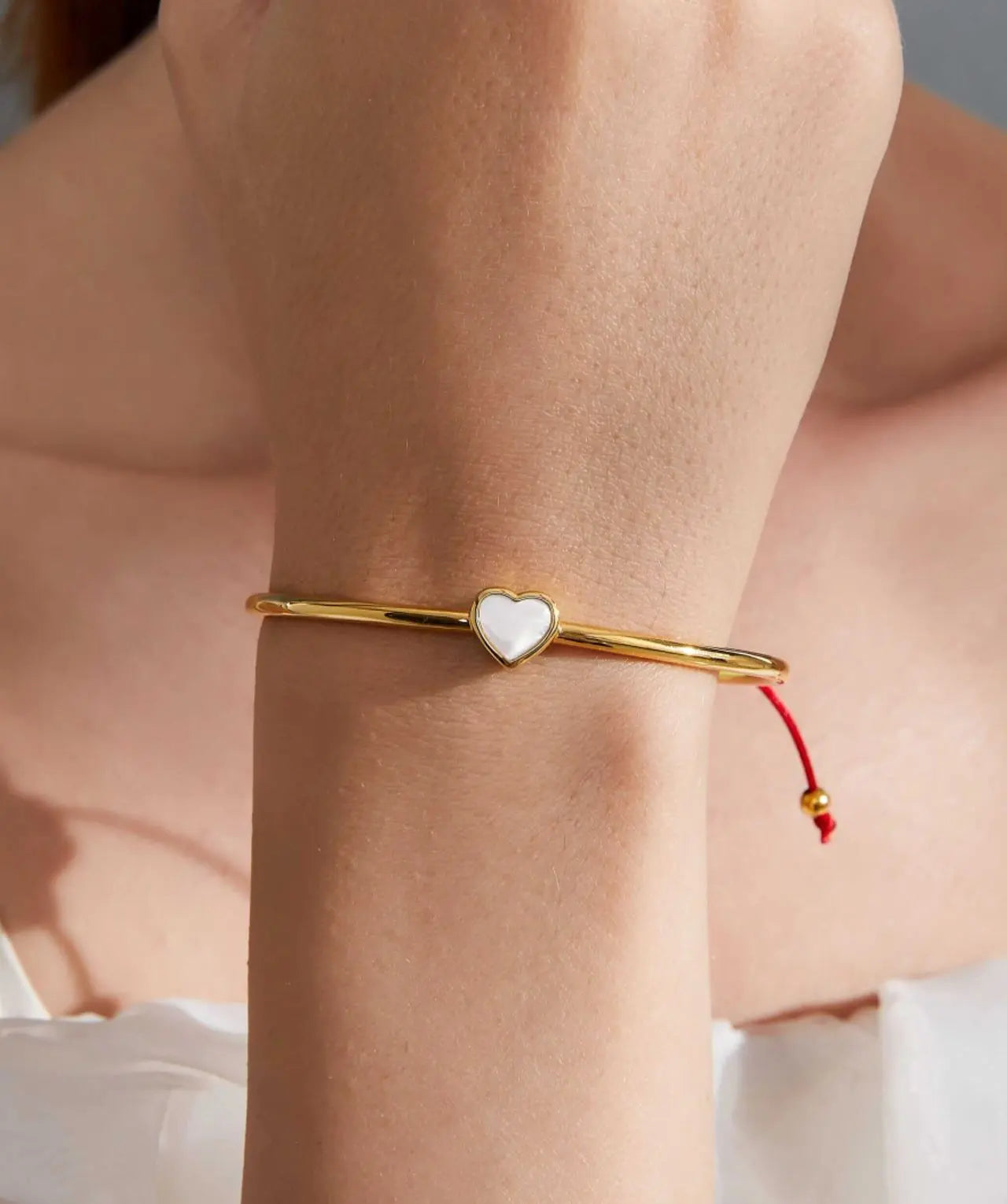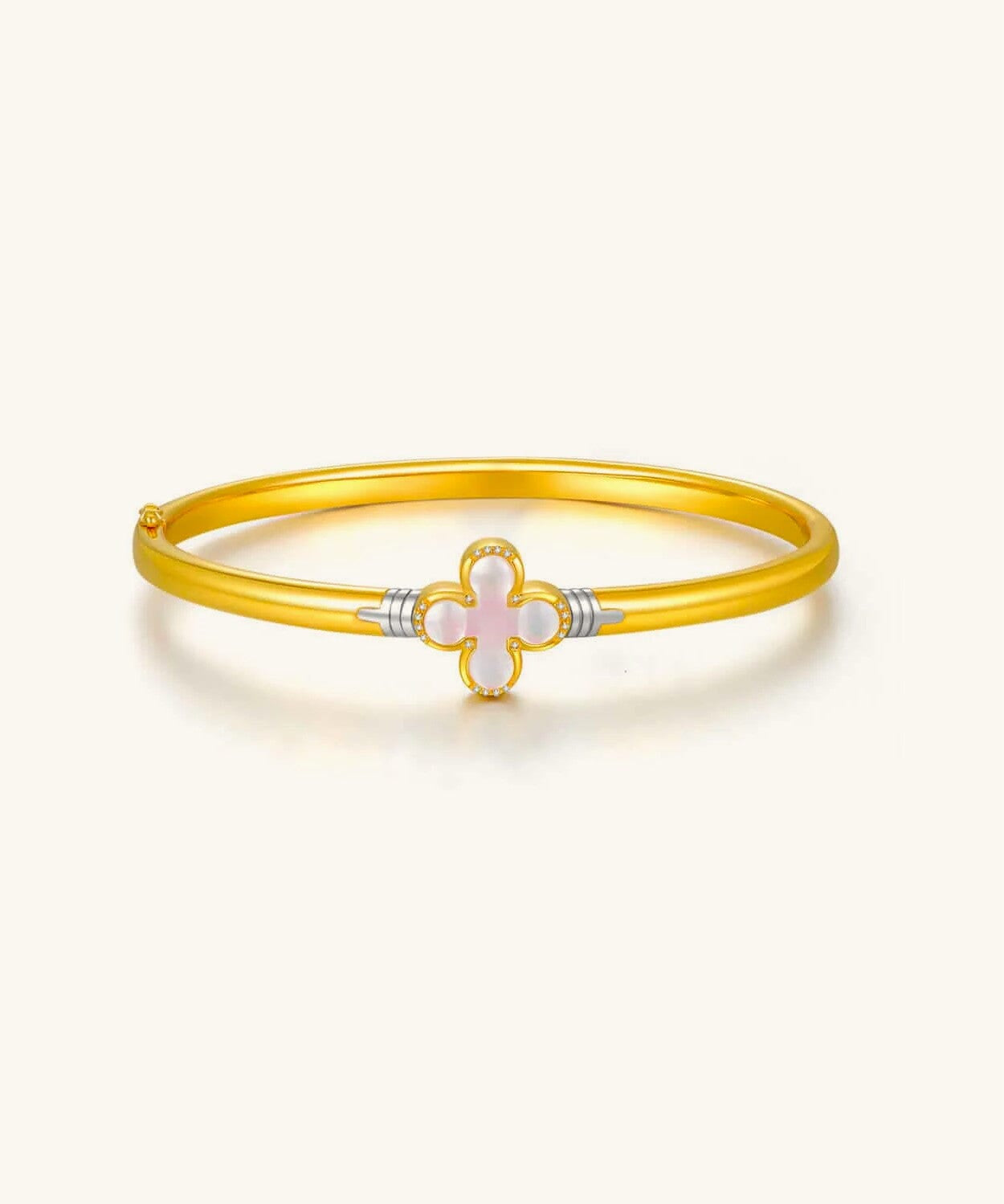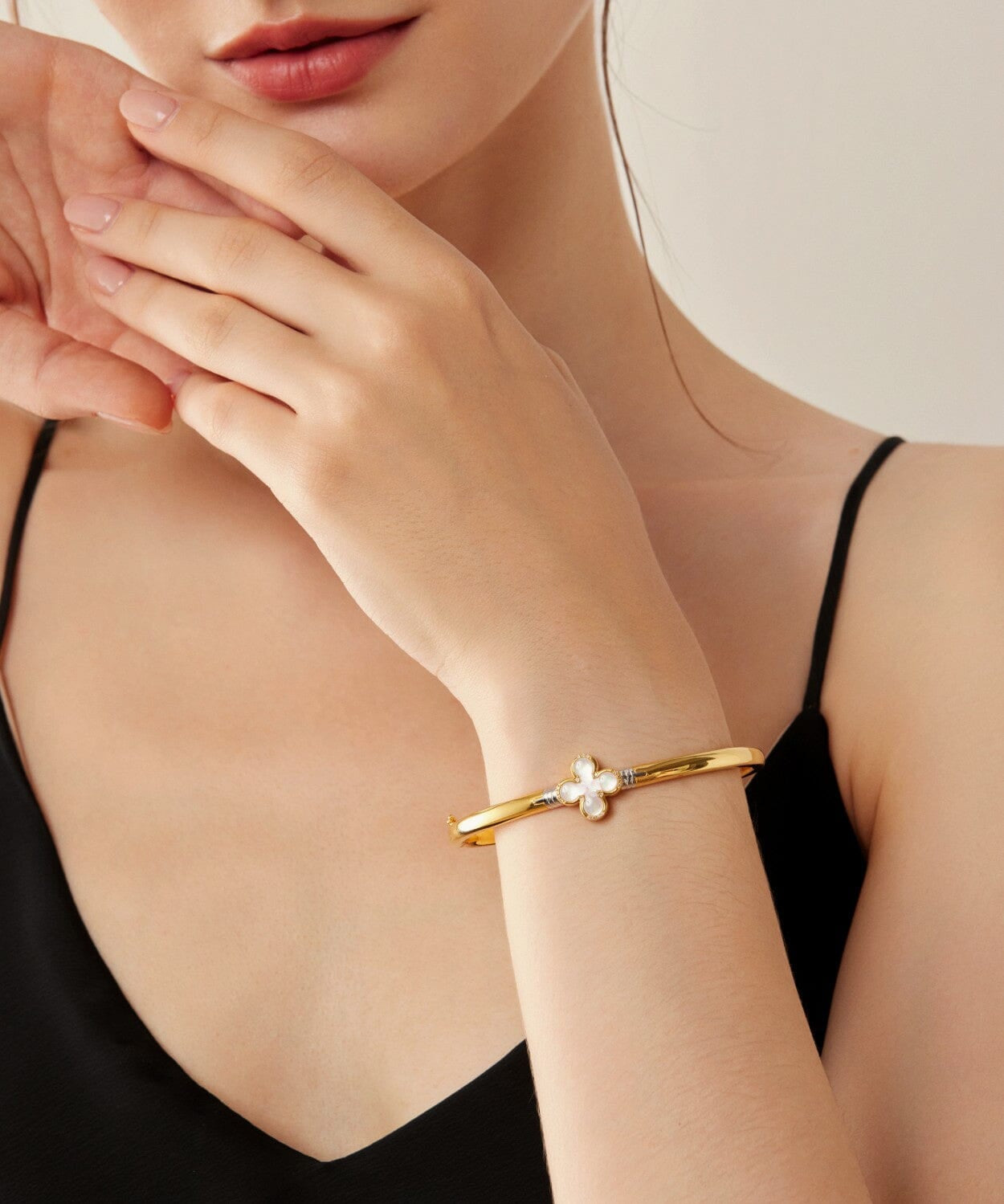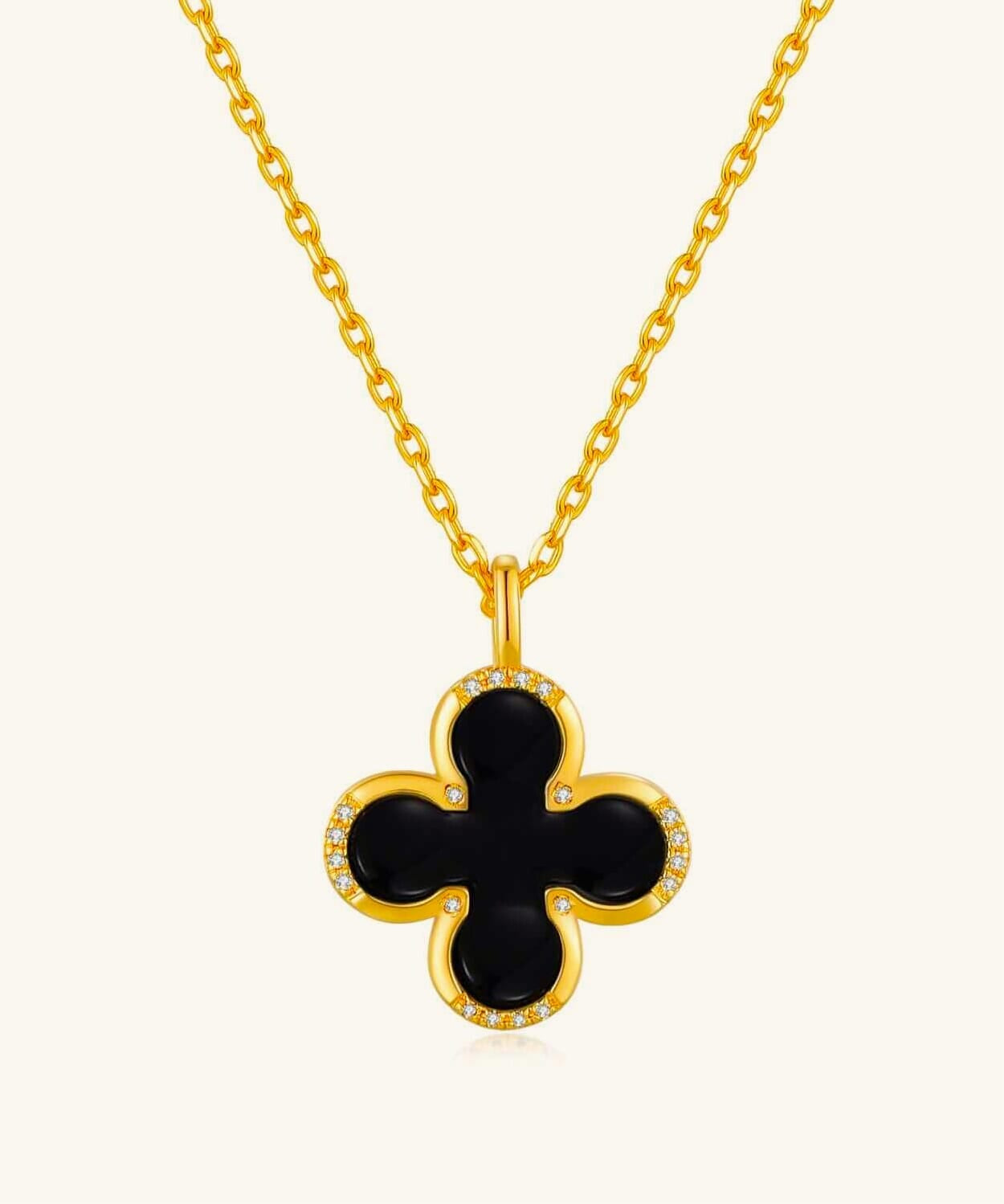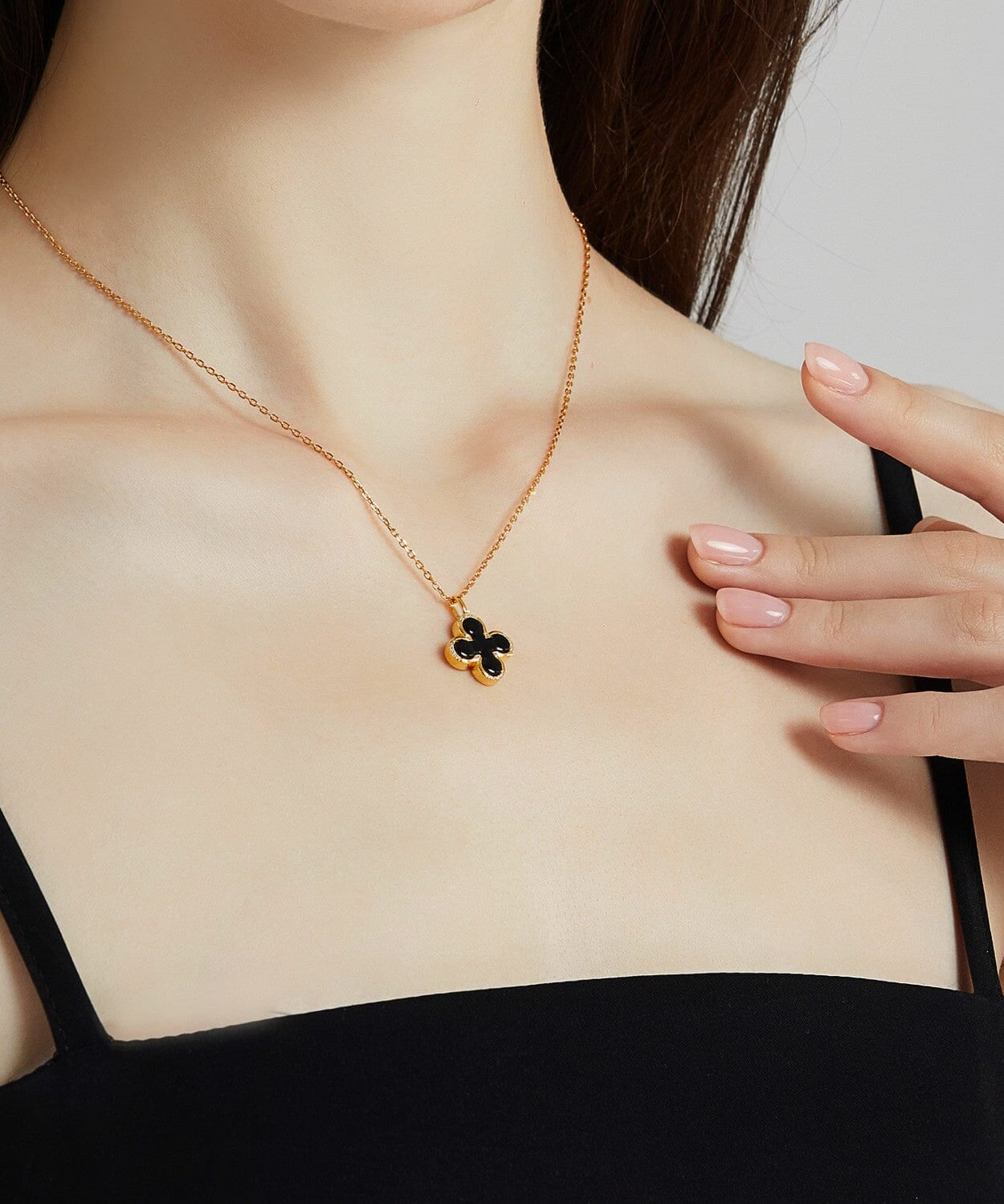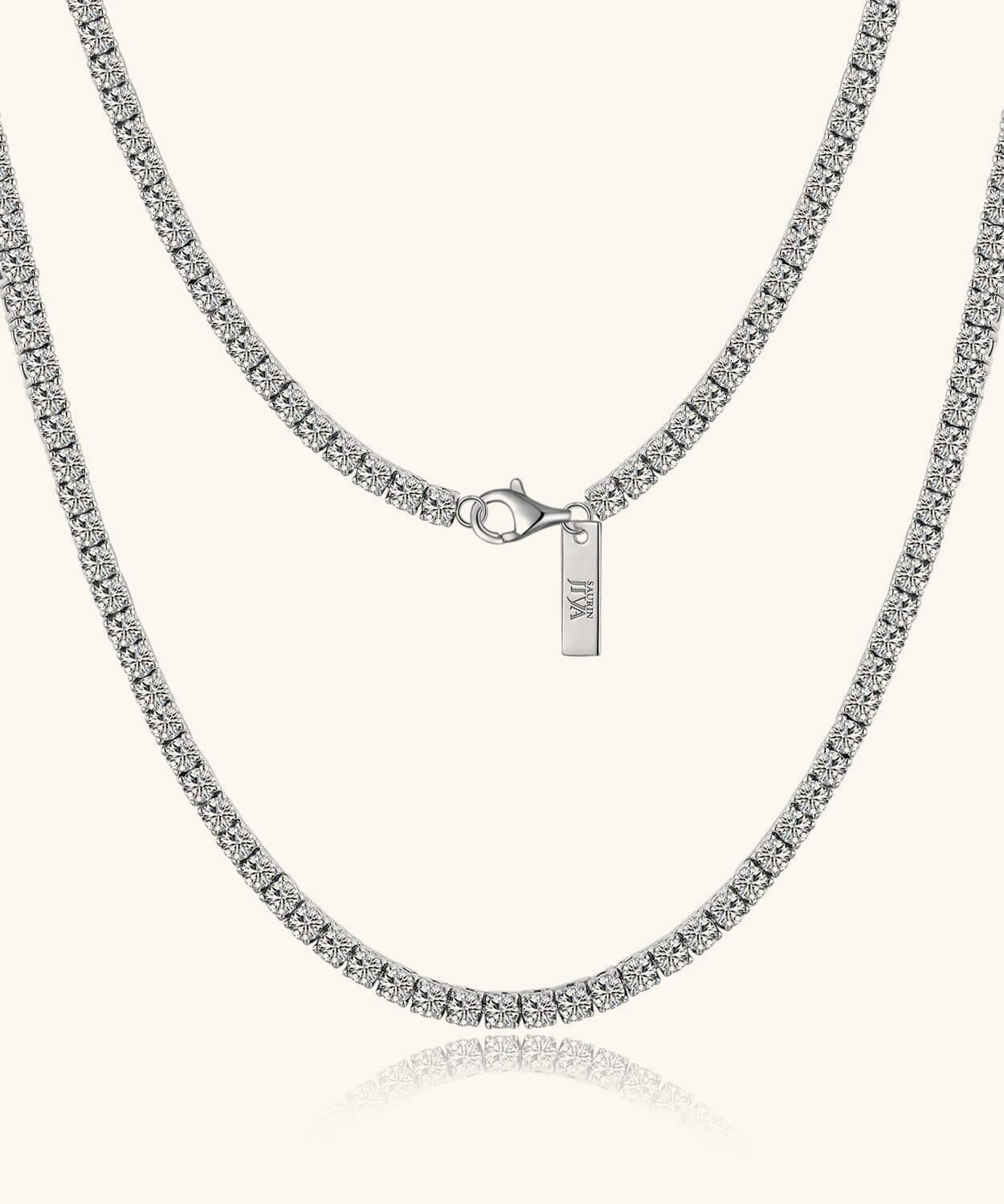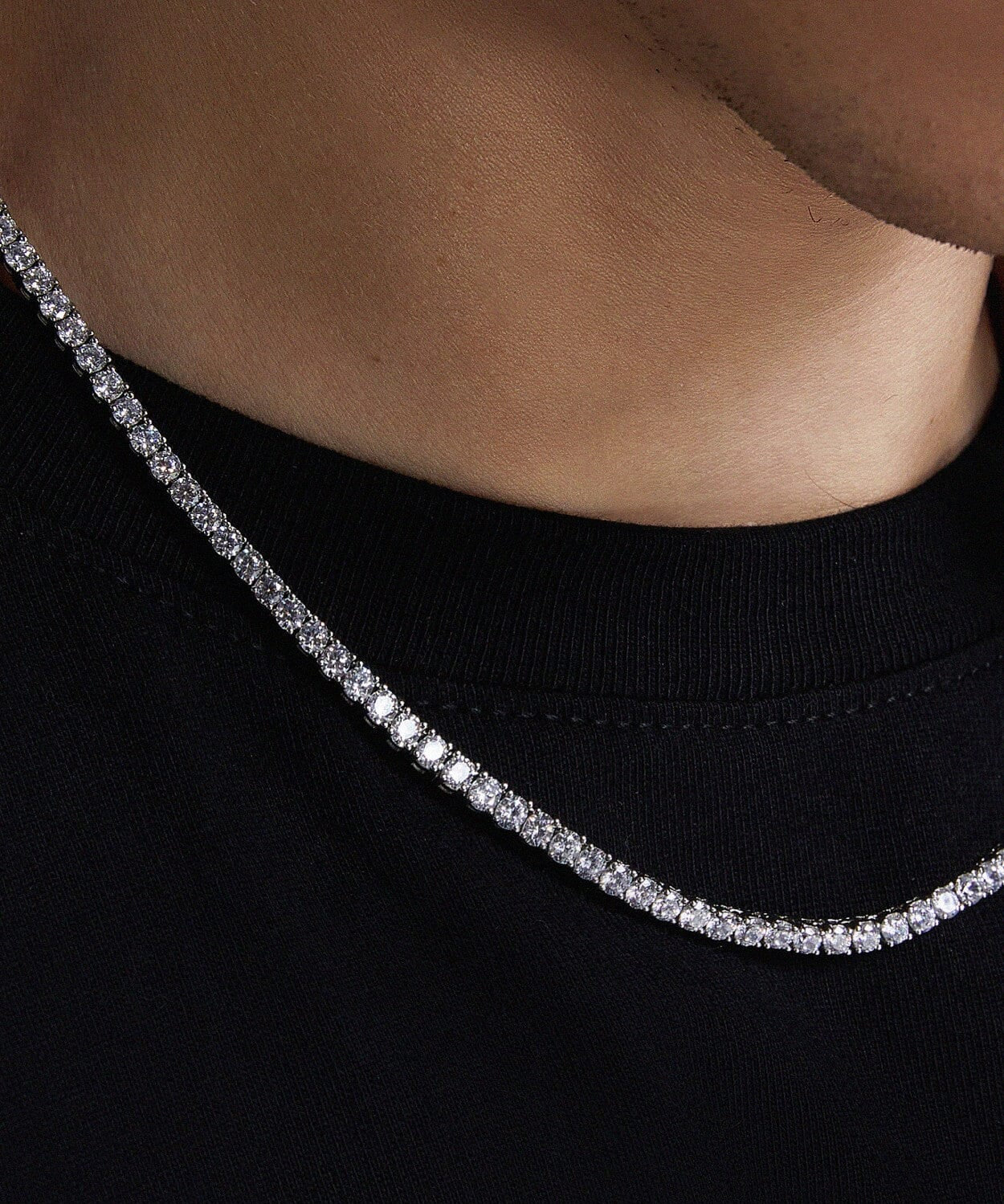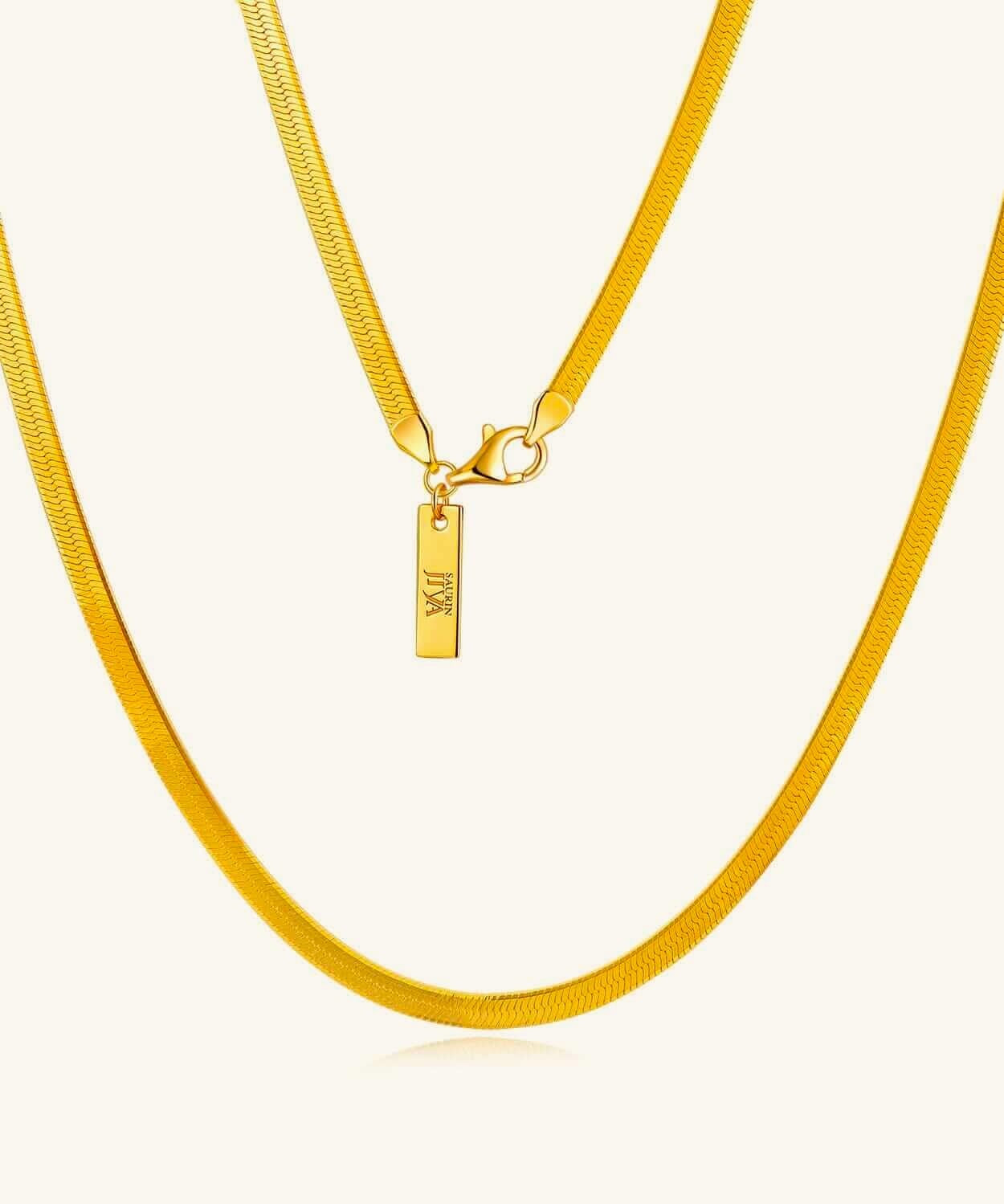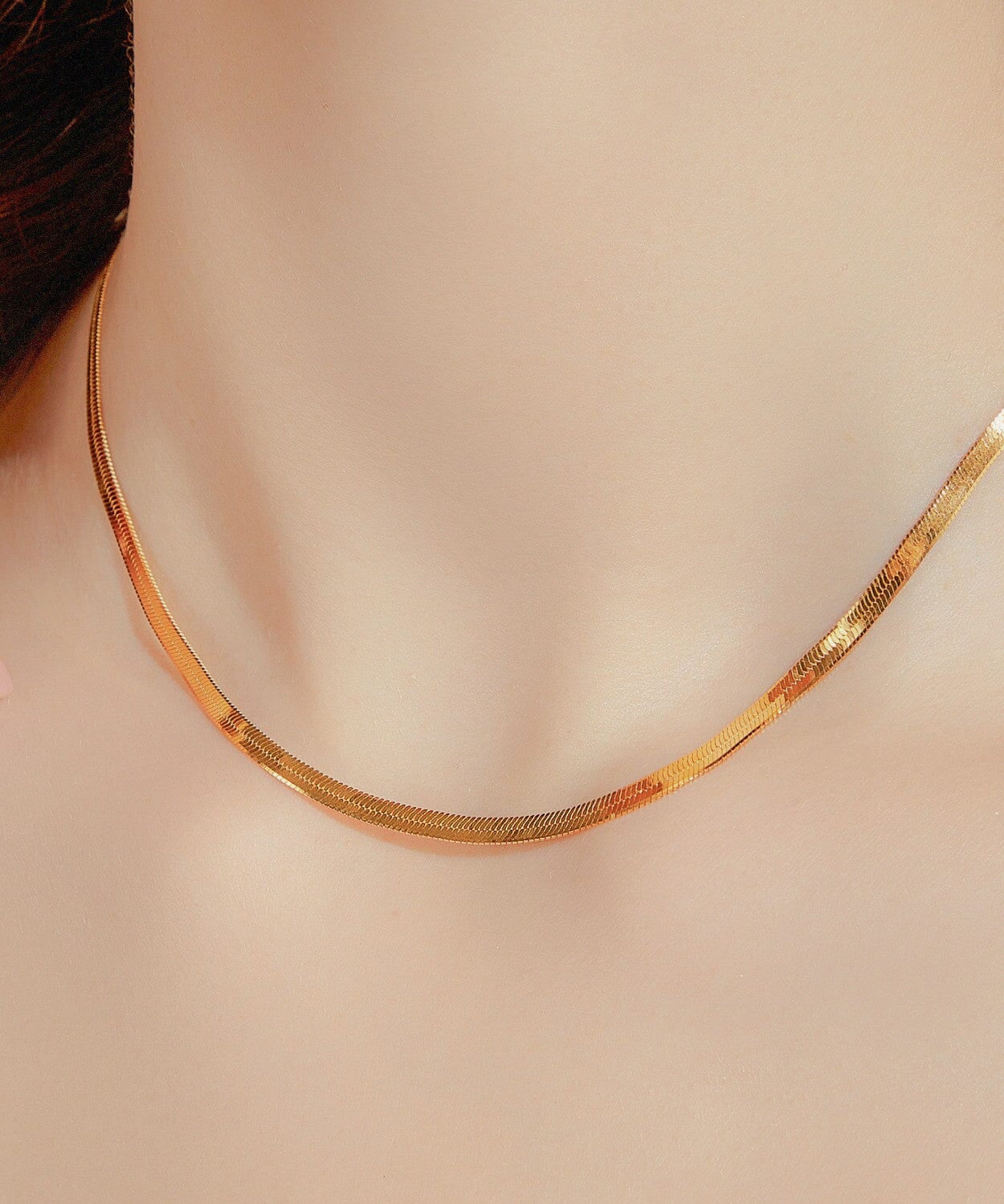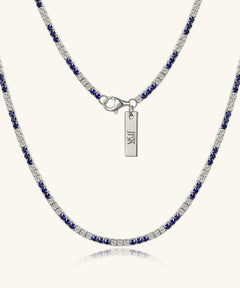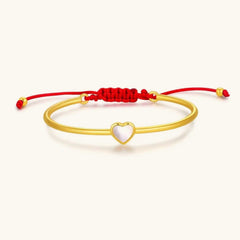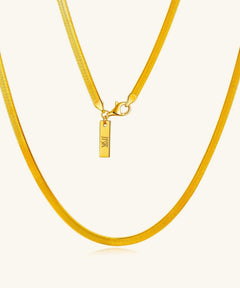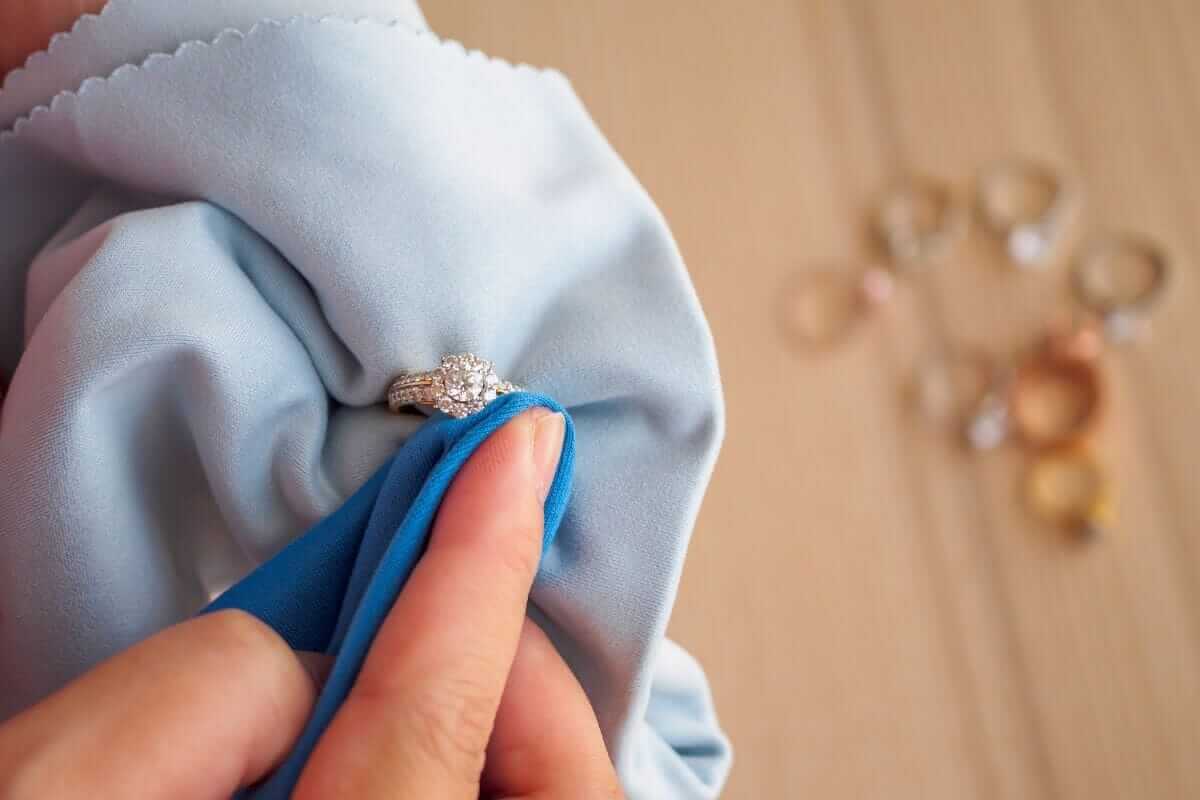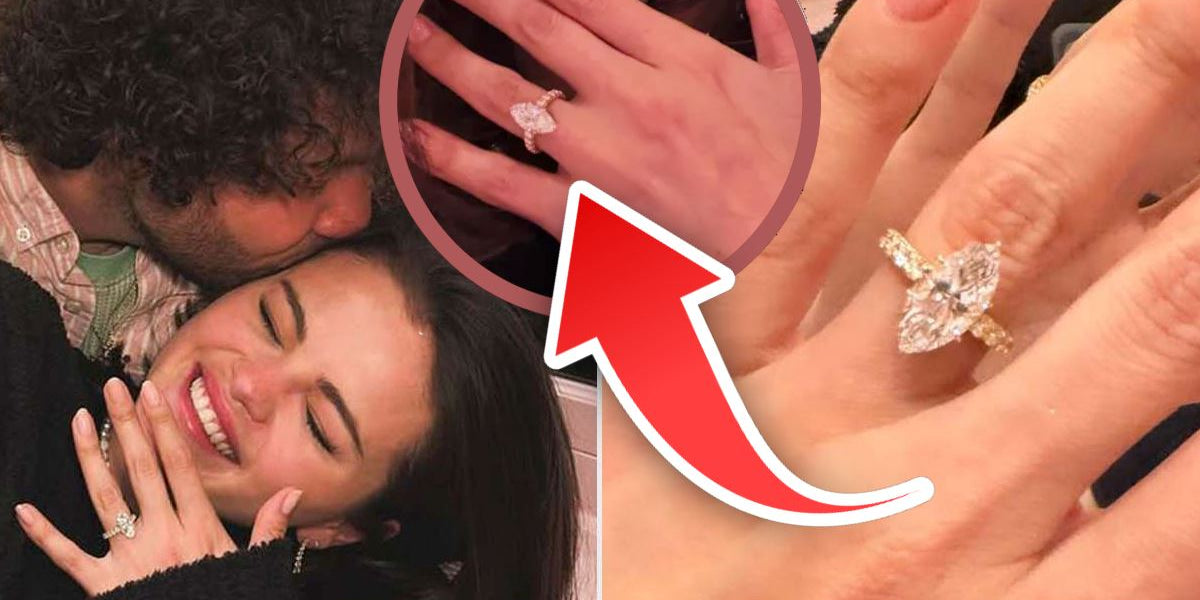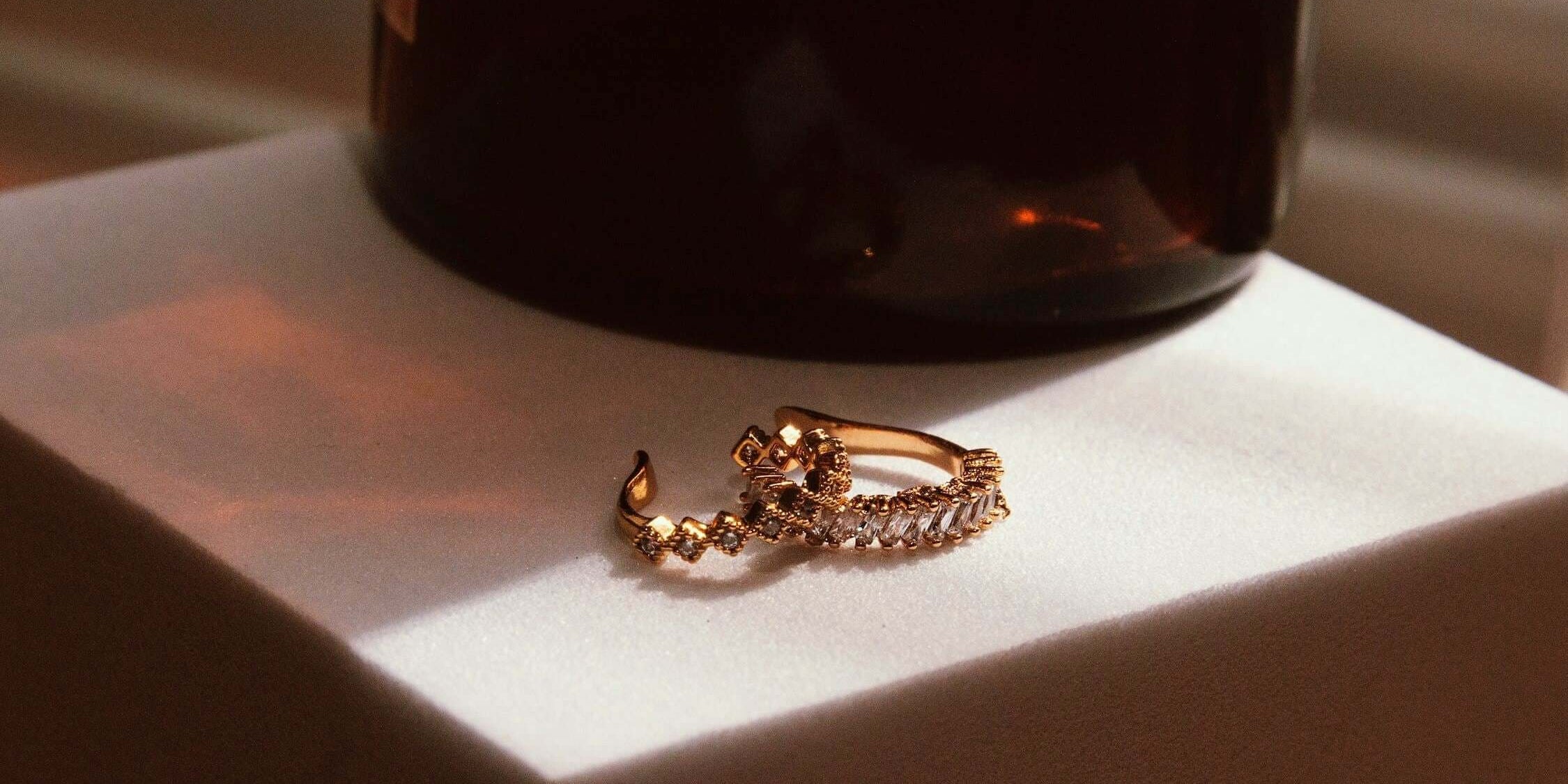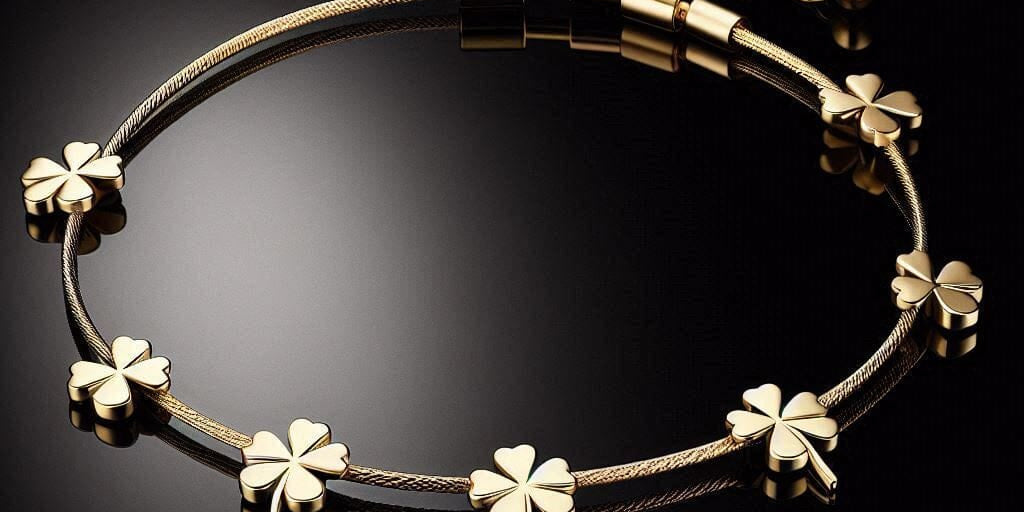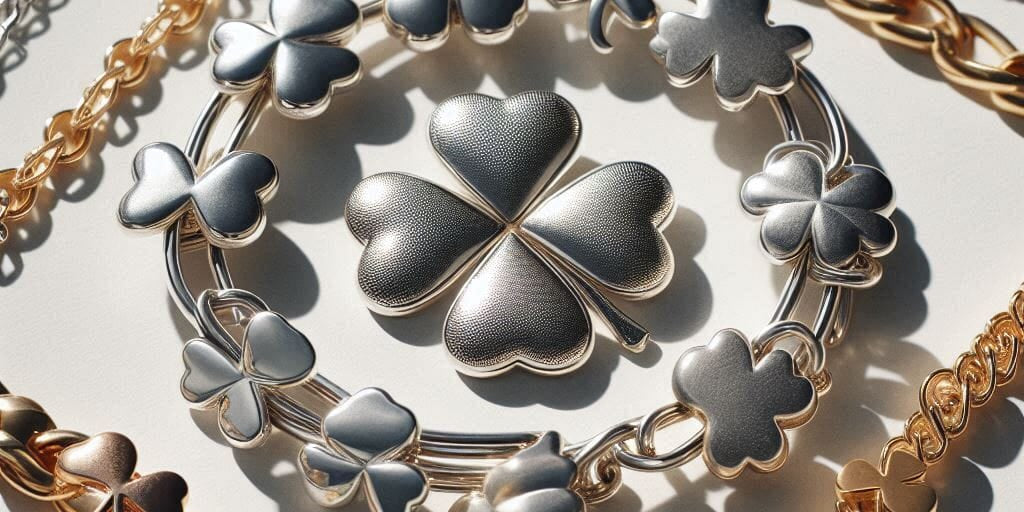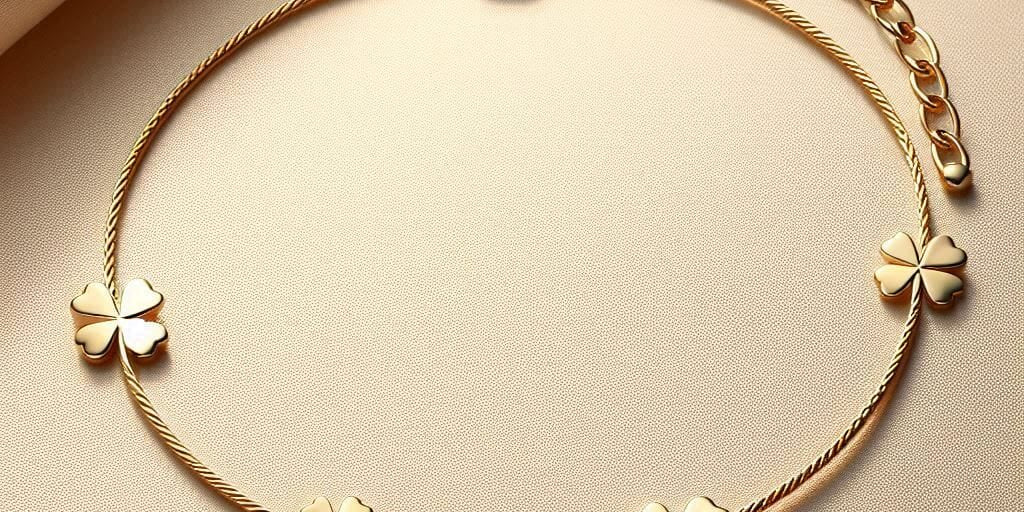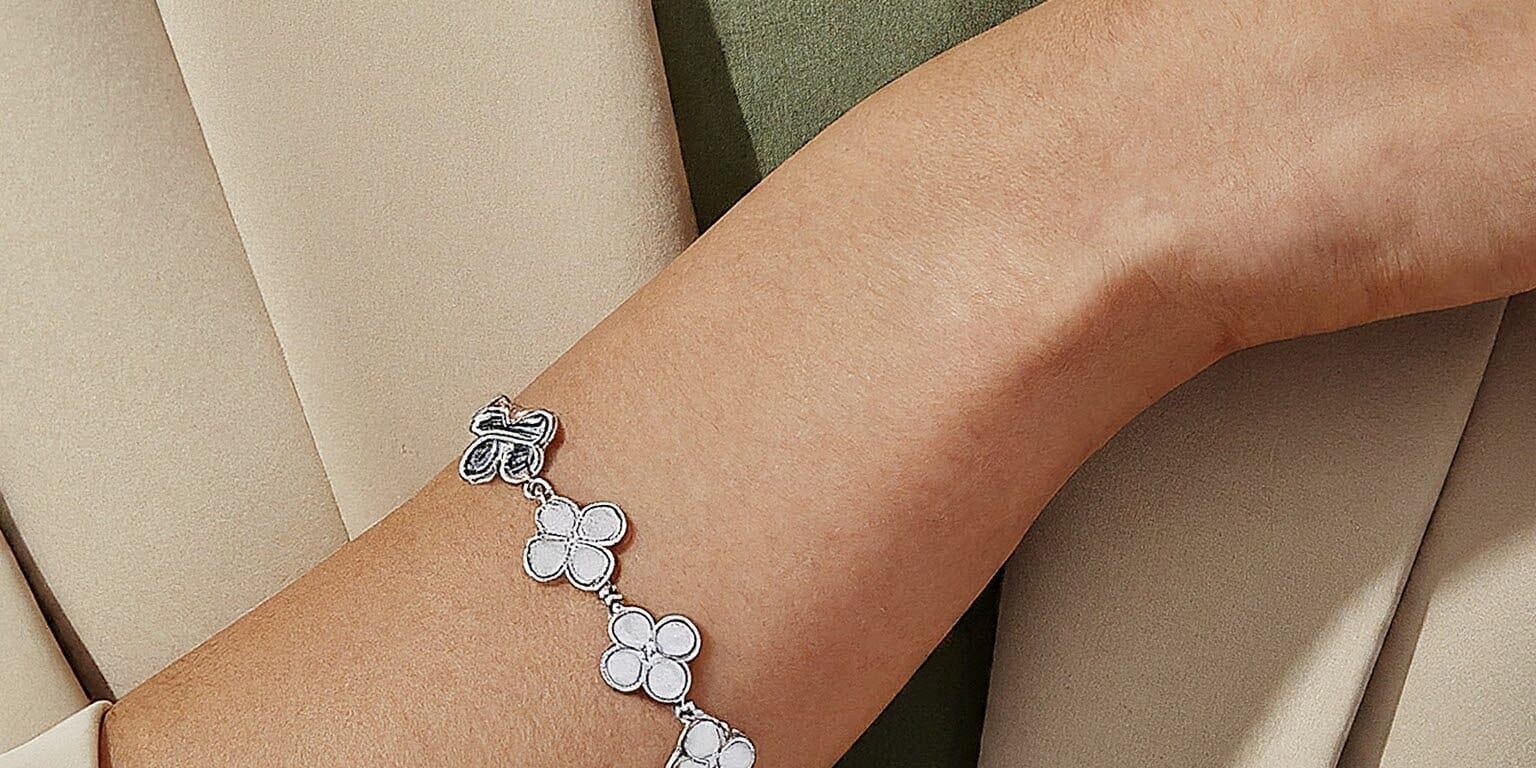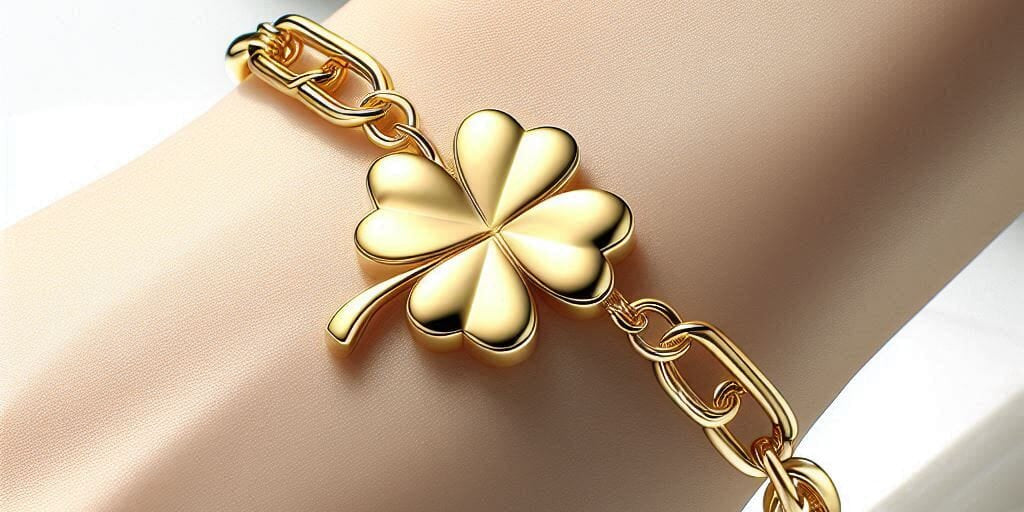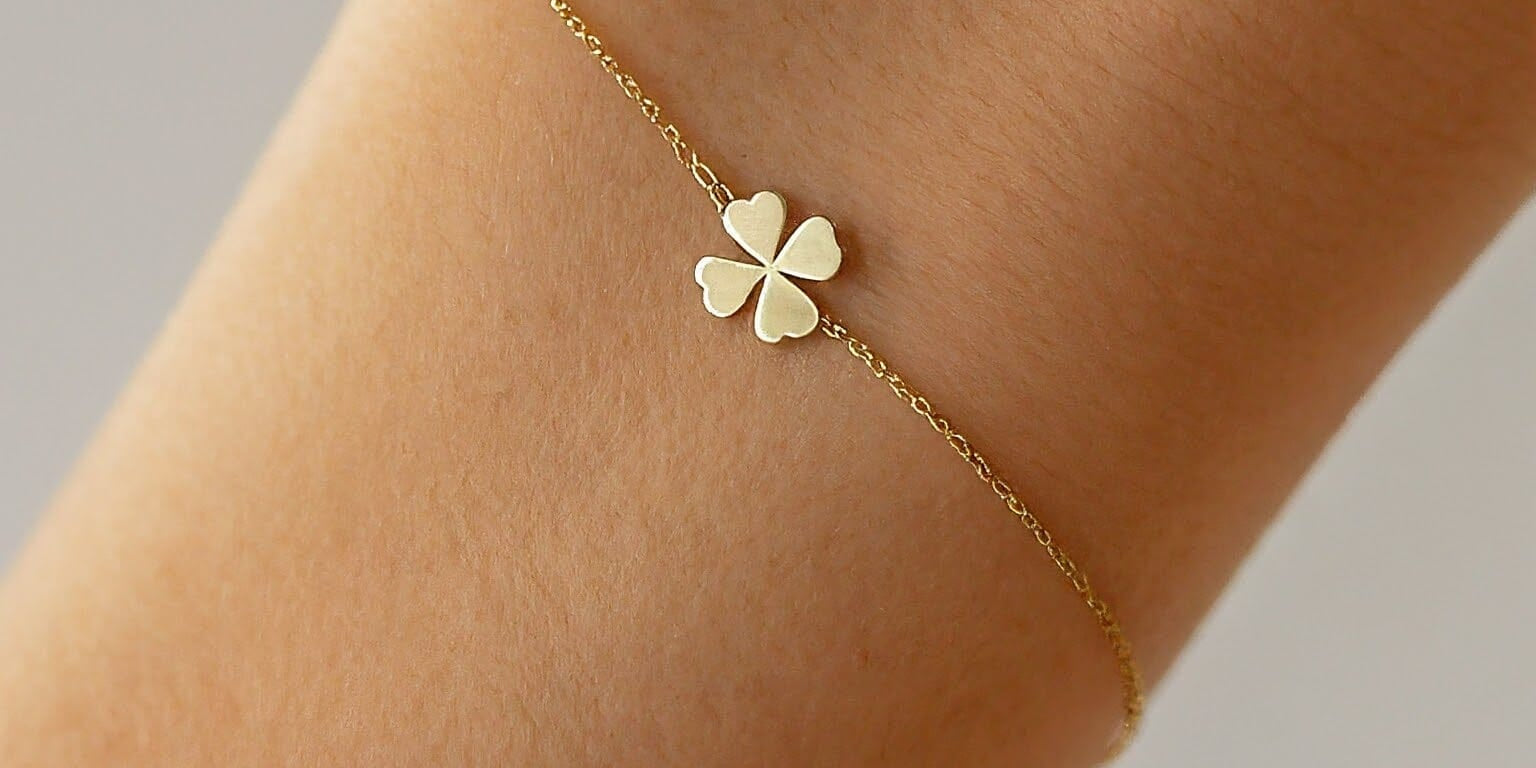Maintaining the luster of your wedding ring not only keeps it looking beautiful but also helps preserve the memories and emotions it symbolizes. Over time, everyday activities can lead to a buildup of dirt, oils, and residue on your ring. The accumulation of these elements can detract from its brilliance and may also cause damage if not addressed. Regular cleaning, with the right techniques and solutions, is essential for ensuring that your wedding ring remains as radiant as your special day.
Table Of Contents
- Understanding Your Wedding Ring
- Preparation for Cleaning
- Basic Cleaning Techniques
- Advanced Cleaning Methods
- Caring for Specific Ring Types
- Maintenance and Prevention
- Professional Care and Repair
- Tips for Avoiding Damage
- Recognizing When to Seek Professional Help
- Concluding Advice
- Frequently Asked Questions
Understanding the materials that comprise your ring is the first step to determining how to clean it effectively. Different metals and gemstones require specific care to avoid potential harm. For example, a diamond set in gold may tolerate a different cleaning method than one set in platinum. Safe and simple home cleaning solutions can be made using household ingredients such as vinegar, baking soda, and mild detergents, which are gentle on jewelry.
The goal of cleaning your wedding ring is not only about maintaining its shine but also about preserving the integrity and longevity of the piece. Proper cleaning methods help prevent scratches to the metal or gemstones and ensure that any settings remain secure. With the correct approach, your wedding ring will continue to mirror the enduring beauty of the bond it represents.
Understanding Your Wedding Ring
Your wedding ring, a symbol of eternal commitment, comes in various metals, each with unique qualities. Diamond-encrusted rings often feature gold, platinum, or silver settings, with each metal requiring specific care.
- Gold is prized for its luster but is also one of the softer precious metals. Available in different purities (e.g., 14K, 18K), gold's color can range from yellow to white to rose, with each variant necessitating care to avoid scratches and maintain shine.
- Platinum is remarkably durable, resistant to tarnish, and hypoallergenic, making it a premium choice for wedding bands. It possesses a natural white sheen that complements diamonds brilliantly. Although resistant to damage, over time, platinum can develop a patina, which many cherish for its unique look.
- Silver, often found in sterling form, is the most affordable of the three metals. It's softer than gold and platinum, which makes it susceptible to scratches. Silver also tarnishes over time and will require regular polishing to retain its gleam.
When considering your wedding ring's metal, think about lifestyle, budget, and aesthetics. Each metal has its merits, and your choice should align with your personal preferences and daily routine. To keep your ring looking its best, a gentle cleaning routine and periodic professional maintenance are recommended.
Here’s a quick reference to the properties of the metals discussed:
Preparation for Cleaning
Prior to cleaning your wedding ring at home, ensure you have all the necessary materials on hand and have thoroughly inspected the ring for any damage or loose stones.
Gather Necessary Materials
To effectively clean your wedding ring, you'll need the following materials:
- Cleaning Solution: Prepare a gentle cleaning solution using warm water and a mild soap, such as dish soap.
- Brush: An old, soft-bristled toothbrush helps you reach and cleanse tight spaces and crevices without damaging the ring.
- Cloths: Have a microfiber or cotton cloth ready to dry and buff the ring after cleaning.
- Bowl or Dish: A small container to mix your cleaning solution or to hold the ring while it soaks, if necessary.
Inspect the Ring
Before cleaning, carefully inspect your wedding ring under good lighting conditions:
- Examine the Prongs: Ensure the prongs are intact to prevent gems from becoming loose during the cleaning process.
- Check for Loose Stones: Gently wiggle each stone to check for any movement. If you detect looseness, avoid cleaning until a professional can secure the stone.
- Assess the Integrity: Look for any scratches, cracks, or damage. If the ring is damaged, proceed with extra caution or consult a professional jeweler for advice.
Basic Cleaning Techniques

To ensure your wedding ring stays sparkling clean, regular maintenance using simple household items can effectively remove dirt and residue. The following techniques detail safe methods for keeping your precious jewelry in top condition.
Soap and Water Method
For a safe and gentle clean, submerge your ring in a solution of warm water and mild dish soap. Let it soak for 20 to 40 minutes. Using a soft-bristled toothbrush, gently brush the ring to remove any buildup. Rinse the ring under warm water to wash away any remaining soap.
Using Mild Solutions
If your ring requires a bit more attention, create a paste with baking soda and water, or mix equal parts white vinegar and warm water. For each technique:
- Baking Soda Paste: Apply the paste with a soft toothbrush, scrub gently, then rinse with warm water.
- Vinegar Solution: Soak your ring for about 5 minutes, brush lightly with the toothbrush, and rinse well with warm water.
Drying and Polishing
Pat your ring dry using paper towels or a cotton or linen cloth to avoid water spots. For added shine, use a polishing cloth to buff the metal. Allow your ring to air dry completely before storing it or wearing it to prevent moisture-trapped damage.
Advanced Cleaning Methods

For effective at-home maintenance of your wedding ring, advanced cleaning methods such as ultrasonic cleaners and commercial jewelry cleaners can provide a professional level of cleanliness.
Ultrasonic Cleaners
An ultrasonic cleaner is a device that uses high-frequency sound waves to create cavitation bubbles in a liquid solution, typically water. These bubbles generate powerful forces that remove dirt and grime from jewelry, particularly in hard-to-reach places. Here's how to use an ultrasonic cleaner safely:
- Fill the cleaner's tank with water, and if recommended by the manufacturer, add a small amount of specialized jewelry cleaner.
- Place your ring in the basket, ensuring it’s fully submerged in the solution.
- Run the ultrasonic machine for the time specified by the cleaner’s instructions—generally between one and five minutes.
- After cleaning, remove your ring and rinse it with clean water.
Caution: Check with a jeweler before using an ultrasonic cleaner as some gemstones are sensitive to ultrasonics.
Commercial Jewelry Cleaners
Commercial jewelry cleaners come formulated specifically for jewelry care, offering a safe and controlled solution to maintain the luster of your wedding ring. To use a commercial cleaner correctly:
- Read the instructions carefully to ensure the cleaner is suitable for your ring’s metal and stones.
- Apply a small amount of cleaner to your ring with a soft, non-abrasive cloth or brush, avoiding harsh scrubbing.
- Rinse thoroughly with warm water to remove any residue of the cleaner from your ring.
Again, it’s vital to avoid products with abrasives as they can scratch and dull the metal or gemstones of your wedding ring. Regular use of a commercial jewelry cleaner can complement professional cleaning sessions and keep your ring looking its best.
Caring for Specific Ring Types

When caring for your wedding ring, it is essential to consider the type of stone and metal. Each has its own needs for cleaning and maintenance to prevent damage and maintain its shine.
Diamond Rings
To ensure your diamond ring keeps its sparkling appearance, follow these steps:
- Mix a solution of warm water and mild dishwashing soap.
- Soak your ring for 20-40 minutes.
- Gently scrub with a soft brush to remove debris.
- Rinse thoroughly and dry with a lint-free cloth.
Avoid harsh chemicals such as bleach or acetone which could damage both the diamond and the metal setting.
Colored Gemstones
Colored gemstones require special attention to avoid damage:
- Use only water and mild soap, without harsh chemicals.
- Clean gently with a soft cloth or brush to avoid scratching the stone.
- Dry completely after rinsing to prevent water spots.
Take note that certain gemstones may be sensitive to temperature changes and chemicals, so handle them with extra care.
Different Metals
Each metal type—gold, silver, white gold, and platinum—has specific care instructions:
- Gold: Soak in a solution of warm water and mild dish soap. Avoid chlorine which can discolor or damage the metal.
- Silver: Silver is prone to tarnish; use special silver polish and a soft cloth to clean. For general cleaning, mild soap and water work well.
- White Gold: Similar to gold in care, but avoid powdered cleaners as they may scratch the rhodium plating.
- Platinum: This durable metal can be cleaned with a mild soap solution; use a soft brush to remove any built-up grime.
Always dry your metals thoroughly to prevent residue from lotions or powders that can dull the finish.
Maintenance and Prevention

To ensure the longevity and brilliance of your ring, a consistent maintenance routine and preventive measures are key. These practices help to prevent damage and the buildup of bacteria, ensuring that your precious jewelry remains as sparkling as it was on your wedding day.
Regular Cleanings
Frequency: Regular cleanings should be a part of your maintenance routine. Aim to clean your wedding or engagement ring every one to two weeks. This prevents the accumulation of everyday grime and bacteria that can diminish your ring's sparkle and potentially irritate your skin.
Method:
- Mild Solution: Prepare a solution using warm water and a few drops of mild dish soap.
- Soft Brush: Gently scrub your ring with a soft-bristle toothbrush to loosen buildup.
- Rinsing: Rinse thoroughly under warm running water.
- Drying: Pat dry with a lint-free cloth, making sure there is no residue left.
Safe Storage
Jewelry Box or Pouch: When not wearing your ring, store it in a fabric-lined jewelry box or a soft pouch. This precaution helps to prevent scratches and keeps your rings secure from environmental exposure.
Avoid Tangling: For chains and necklaces, ensure clasps are fastened before storing to prevent tangles.
Protecting During Activities
High Risk Activities: During activities like sports, gardening, or a day at the ocean, it's wise to remove your jewelry. Physical exertion or exposure to harsh elements can cause unnecessary stress and potential damage.
Chemicals to Avoid: Contact with chemicals like chlorine and household cleaners can corrode or discolor metals. Always remove your rings before swimming or cleaning to avoid these hazards.
Maintaining the condition of your wedding or engagement rings doesn't require elaborate measures. By integrating these practices into your routine, you can safeguard the beauty and structural integrity of your treasured jewelry.
Professional Care and Repair

When your wedding ring requires attention beyond simple home cleaning methods, seeking a professional jeweler is a wise choice. Not only can jewelers perform a deep, professional cleaning, but they can also inspect and repair any structural issues that may not be visible to you.
Professional Cleaning: A jeweler can use specialized equipment, such as steam cleaners and ultrasonic machines, to remove dirt and grime build-up that at-home cleaning can't address. This type of cleaning ensures that every crevice and setting is attended to, which can enhance the sparkle and brilliance of your ring.
Inspection: Regular inspections by a jeweler can prevent future damage. A jeweler will carefully examine the ring to identify any loose prongs or settings that could lead to a lost stone if unrepaired.
Repair Services: Should your ring suffer any damage, a jeweler can offer repair services that maintain or restore the ring's quality and appearance. This could include:
- Reshaping a bent ring
- Replacing a cracked or missing gemstone
- Tightening loose prongs to secure stones
- Schedule professional cleanings: Aim for at least once a year.
- Prong checks: Have the prongs checked every six months to prevent stone loss.
- Repairs: Address any damage immediately to prevent exacerbation and potential loss.
Relying on experts for regular care ensures the longevity and beauty of your wedding ring. A proficient jeweler values the quality and integrity of your ring as much as you do and will handle every repair with the utmost care.
Tips for Avoiding Damage
Clean Regularly
Keep your ring clean to prevent dirt buildup.
Avoid Harsh Chemicals
Avoid exposing your ring to harsh chemicals.
Remove During Activities
Take off your ring during vigorous activities.
Store Properly
Store your ring in a safe place when not wearing it.
When caring for your wedding ring, it's essential to protect it from damage. Avoid harsh chemicals such as bleach or chlorine, as they can lead to discoloration and deterioration of the metal. Similarly, remove your ring during tasks where it may come into contact with abrasive materials that can scratch its surface.
Additionally, consider the type of metal your ring is made from. Not all metals have the same durability, and some, like platinum, can withstand more wear and tear than others. However, no metal is scratch-proof, so practices that protect from scratches are important for any ring.
Caring for your skin is also crucial. Skin irritation can occur from grime build-up under the ring. Make a habit of regularly cleaning your ring to prevent irritants from settling. During cleaning, opt for mild, non-abrasive solutions like diluted dish soap and warm water, and use a soft brush for gentle scrubbing.
Remember to store your wedding ring properly. When you're not wearing it, keep the ring in a soft, lined jewelry box or a special pouch designed to prevent scratches and shield it from dust and grime.
Recognizing When to Seek Professional Help

When maintaining the luster and integrity of your wedding ring, certain scenarios warrant professional attention. Periodic professional cleaning ensures that your ring remains in excellent condition, yet it’s crucial to understand when this service is essential.
Loose Stones: If you notice any movement or a change in the alignment of the stones, it's imperative to stop wearing your ring and consult a jeweler. Continued wear may lead to loss or further damage.
- Professional Inspection:
- Check for stone security
- Identify any prong wear or damage
- Confirm the integrity of the setting
Visible Damage: Should your ring exhibit any of the following signs of damage, it's time to seek expert repair services:
- Scratches or abrasions
- Bent or broken prongs
- A misshapen band
- Cracks in the stones
Repair Timing: Timeliness in addressing issues is a part of the commitment to maintaining the quality of your ring. Postponing necessary repairs can exacerbate the problem, potentially making it more costly or difficult to fix.
When in doubt, it's always best to consult a professional. An experienced jeweler can offer a thorough inspection and advise on the best course of action for both cleaning and any essential repairs. Remember that the longevity of your wedding ring rests on proactive and informed care.
Concluding Advice
Maintaining your wedding band is not only about preserving its physical luster but also about honoring the love and commitment it symbolizes. Treat your ring as a cherished piece of jewelry, giving it care consistent with its worth in your life.
Daily Activities:
- Be mindful during activities that could damage your ring, such as physical labor, gardening, or sports. You may choose to remove your ring during such times to prevent scratching or exposure to harsh chemicals.
Regular Polishing:
- Lightly polish your wedding band with a soft, lint-free cloth. This helps remove oils from your skin that may dull the metal's shine.
Professional Care:
- Schedule an annual check-up with a professional jeweler. They can inspect for any damage and perform a thorough cleaning. This ensures your ring not only looks its best but is also in good structural condition.
Home Cleaning:
- Incorporate a simple cleaning routine at home using mild soap and warm water. Avoid harsh chemicals or abrasive brushes that can damage the ring.
Careful Storage:
- When you're not wearing your ring, store it in a lined jewelry box or a soft pouch. This prevents scratches and keeps it safe from environmental elements.
By conscientiously caring for your wedding band, you ensure that it remains a sparkling symbol of your lifelong commitment.
Frequently Asked Questions
When it comes to cleaning your wedding ring, using safe and effective methods will ensure its longevity and brilliance. Below are some common questions answered with precise methods for maintaining your ring's sparkle.
What is the safest method to clean a diamond wedding ring at home?
The safest way to clean a diamond wedding ring at home is to use a solution of warm water and mild dish soap. Soak the ring for 20-40 minutes and gently brush with a soft toothbrush. Rinse under warm water and dry with a lint-free cloth.
Can I use hydrogen peroxide to clean my wedding ring?
Hydrogen peroxide can be used occasionally to clean a gold wedding ring or a ring with sturdy gemstones like diamonds. Soak the ring in a solution of equal parts hydrogen peroxide and water for a short period, then gently scrub and rinse well.
How can vinegar be used to clean a diamond ring?
White vinegar is an effective cleaner for diamond rings. Soak the ring in a half cup of white vinegar for 10-15 minutes, agitating occasionally. Remove any remaining grime with a soft toothbrush before rinsing and drying the ring.
What homemade solutions are effective for restoring sparkle to diamond rings?
A common homemade solution involves mixing warm water with a couple of drops of mild dish soap. Soaking the ring in this solution, followed by gentle scrubbing with a soft-bristled toothbrush, can restore sparkle. Baking soda paste is another option but use with caution.
Is baking soda safe to use for cleaning wedding rings with gemstones?
Baking soda can be used with care on wedding rings that feature hard gemstones like diamonds. It shouldn't be used on softer gemstones or pearls. For hard gemstones, a paste of baking soda and water applied gently can help remove grime.
What are the recommended techniques for professional ring cleaning?
Professionals may use ultrasonic cleaners or steam cleaning for a deeper clean that removes almost all buildup. It's advisable to consult with a professional jeweler to determine the best technique for your specific type of wedding ring.
